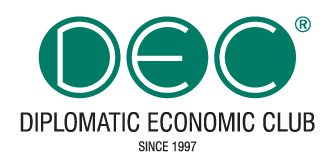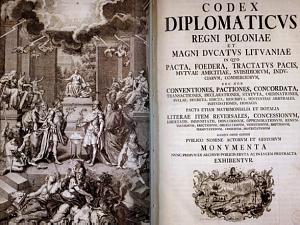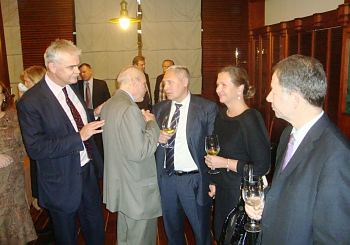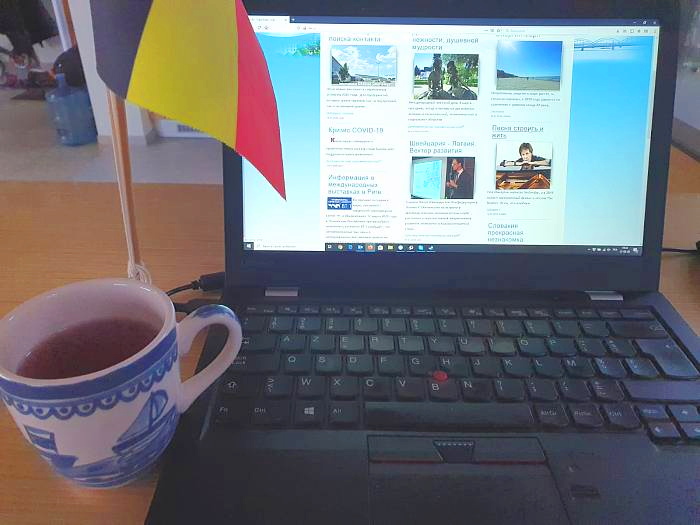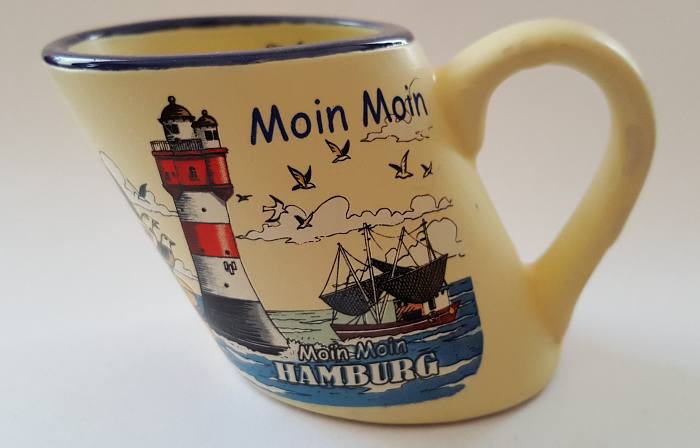Eastern European migrants are net contributors – not costs – in the West
This year the free movement of eastern European workers within the EU has been questioned. Fearing excessive use of their own welfare systems, governments have argued for continued access restrictions.
In 2004 when the EU expanded from 15 to 25 member countries, all EU15 countries except Sweden made use of the possibility to temporarily restrict the new EU citizens’ access to their labour markets and welfare systems for up to seven years. The UK and Ireland only imposed minor restrictions. When Romania and Bulgaria joined in 2007, all except Sweden and Finland imposed similar restrictions for citizens of these two countries.
As transition rules for Romanians and Bulgarians will expire by the end of this year in the nine EU15 countries that still have such rules in place, we have seen intense public debate in several countries with arguments for the prolongation of access restrictions. The UK, German, Dutch, and Austrian governments have also called on the European Commission to strengthen rules to protect the welfare states against being abused by migrants. However the Commission has answered that no evidence has been presented that indicates that widespread abuse is indeed happening.
In fact, existing research tells an even more positive story. Not only is there no evidence of widespread abuse of welfare systems by eastern European migrants – if anything, public finances in the richer EU15 countries appear to have gained from their eastern European post-enlargement immigration, also when no access restrictions have been in place.
Evidence from the UKThe central study in this respect is Dustmanne et al. (2010). Using individual-level data these authors calculate the UK public sector’s revenues from and costs for eastern European post-EU-enlargement migrants and add these up to an average net contribution per migrant. They obtain different results depending on the assumptions made concerning public costs that are not easily attributed to specific individuals. Yet in all scenarios they find that public-sector revenues from the migrants are at least 1.21 times as large as the costs in each of the fiscal years studied, and many estimates cluster around 1.40. These positive results are mainly due to migrants receiving substantially less in welfare benefits compared with natives, and to very few of the migrants being old. These two positive effects more than balance the negative effect of migrants earning less income and hence paying less in taxes on average compared with natives.
Although Dustmann et al. obtain their positive results with a substantial margin, there are at least three reasons to be careful in generalising these results to being valid also for other EU15 countries, after their transition rules have expired:
— Public-sector redistribution. Few EU15 countries redistribute less wealth per capita through the public sector than the UK does. This could have important migrant selection effects making more educated and able migrants choose the UK compared with other destination countries.
— Access restrictions. Although to a more limited extent than most EU15 countries, the UK did initially limit migrants’ access to its welfare systems. While these initial restrictions did not affect the right of anyone who immigrated in 2004 to claim a benefit in 2007, they may also have had selection effects, making potential migrants with lower expected earnings capacity choose not to go.
— Language. Other countries cannot expect equally large shares of migrants speaking the native language on arrival, which facilitates their labour market entry.
In sum these points indicate that to enable any generalisation to other EU15 countries, the results from the UK need to be complemented by corresponding results from a country with high public sector redistribution, no initial transition rules, and a language that is rarely spoken outside the country’s borders. The one country that fits that description is Sweden.
Evidence from SwedenIn a new study (Ruist, forthcoming) I use individual-level data to calculate public-sector revenues and costs relating to eastern European post-EU-enlargement migrants in Sweden in 2007. The main result is shown in Table 1. As expected from the points above the net contribution at the bottom of the table is less positive than the corresponding result in the UK; yet it is still not negative. If the public-sector surplus – which was unusually large in 2007 – is allowed to influence the result the migrants’ average net contribution is around 12,000 kronor (1 euro ≈ 9 kronor) and statistically significant. For comparison with the UK results this number translates into a revenues-to-costs ratio of 1.12. If the surplus is not included the net contribution is only around 1,000 kronor and not significant. The table further shows that as in the UK the migrants’ lower tax payments are balanced by their profitable age structure; yet in contrast to the UK migrants’ use of most benefits are more in line with the population average in Sweden.
Joakim Ruist
Research Fellow, University of Gothenburg
voxeu.org


